
A bone spur is a growth on the bone that is caused by calcium deposits. The most common place where a bone spur occurs is in the heel. Also, most people who have problems with their heels are usually either older or overweight.
Sometimes people who have arthritis or tendonitis can develop heel spurs as well as people who wear uncomfortable shoes for an extended period of time.
Bone spurs usually occur in two different situations.
One occurs near the joint that has degenerative joint disease. At this location, cartilage has been worn through and the bone responds by growing extra bone at the margins of the joint surface.
These kinds of spurs are called osteophytes.
In the second type of bone spur, the attachment of ligaments or tendons to the bone become calcified. This occurs at the bottom part of the heel close to the Achilles tendon.
The heel bone is the largest bone in a person’s foot and it absorbs a vast majority of the pressure that the body weight imposes on the foot.
Heel spurs can therefore cause extreme pain of the foot, especially when the person is standing or walking.
Bone spurs are projections that form along the joints and are often seen in arthritis. Even though they occur regularly in the heel, spurs such as this are also very common in the shoulders, back, knees, and hips.
Spinal conditions related to spurs involve the facet joints. These bone spurs cause back pain in older people and can cause stiffness and lower back pain, usually in the morning.
The most common reason for neck and lower back arthritis is repetitive trauma to the spine from recreational or work related strains.
Sometimes when the bone is enlarged from a spur formation, it can lead to a narrowing of the spinal canal which results in nerve pinching and leads to pain down the legs that hurts most when people are walking and standing.
Bone spurs can be prevented and effectively treated with calcium and magnesium supplements. A proper balance of these nutrients prevents abnormal calcium deposits from forming. Also, the digestive enzyme betaine HCI helps the body absorb these nutrients.
There are also natural anti-inflammatory supplements like cold processed Aloe vera juice, glucosamine sulfate, shark cartilage, bromelain, evening primrose oil, and kelp.
In more difficult cases, intramuscular injections of B complex vitamins, especially ones such as Vitamin B12, and magnesium sulfate can be tried.


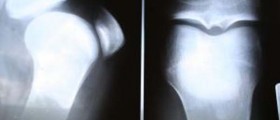
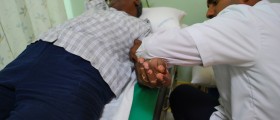
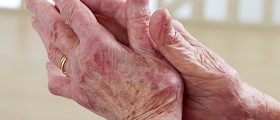
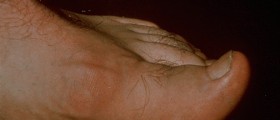
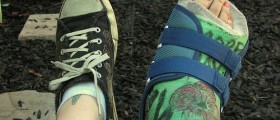



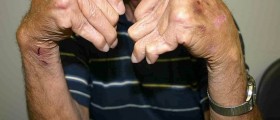

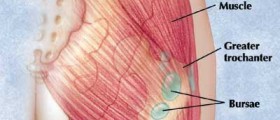

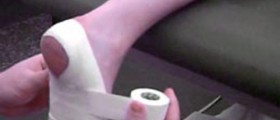
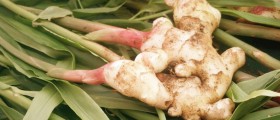
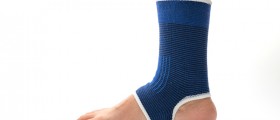
Your thoughts on this
Loading...